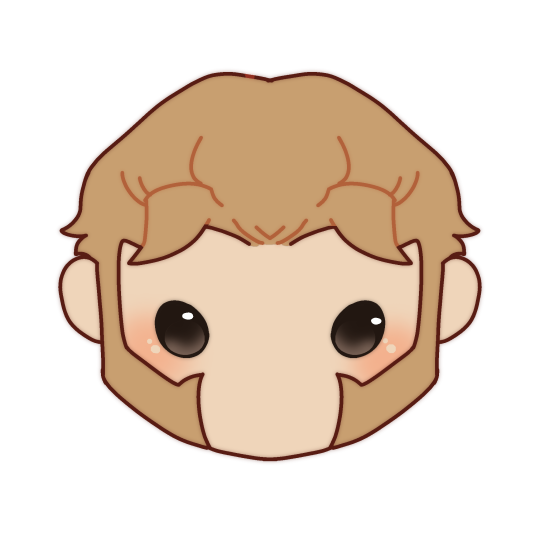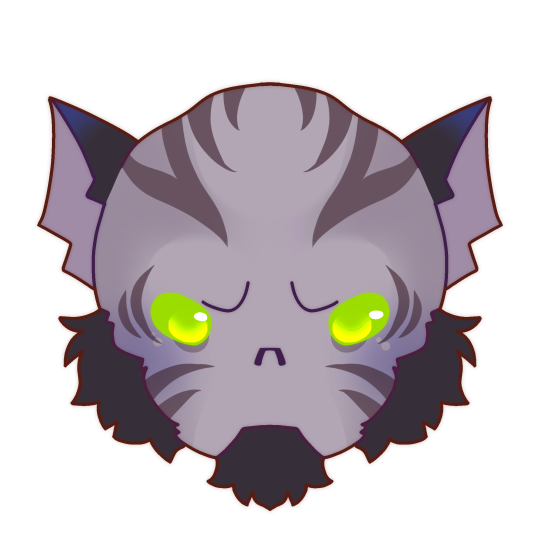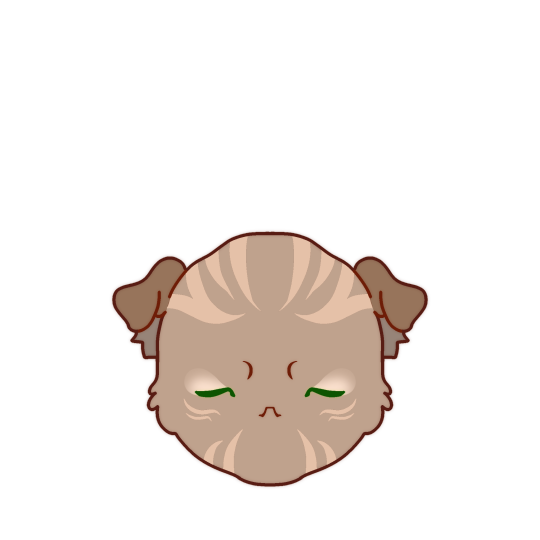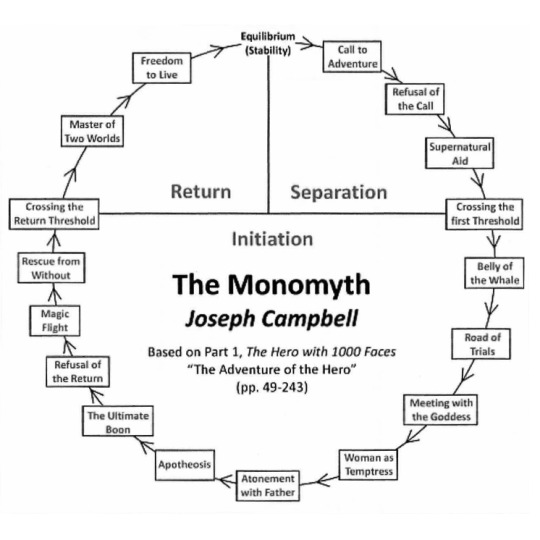#I don't know enough about Star Wars naming system to give the children names feel free to put your suggestions
Explore tagged Tumblr posts
Text





Random chibi Kalluzeb ft. The three children Steve Blum wants them to have
#kalluzeb#kalluzeb fanchild#star wars rebels#garazeb orrelios#alexsandr kallus#I don't know enough about Star Wars naming system to give the children names feel free to put your suggestions
215 notes
·
View notes
Text

I think in my hurry to get through the one core rant without getting distracted, I didn't actually outline the Hero's Journey's whole proposed psych model in the first place. I don't want to get too into each of the 17 steps, but the idea of the process it reflects is this:
A boy on the cusp of adulthood must leave the comfort of parental protection/provision, whether he wants to or not. He must seek out the "magic" of an older mentor who has seen and mastered the unknown, and through that mentor they learn an entry level skill that will allow them to navigate the world of adults; but this is not "mastery" and it is not "understanding" it is only the bare bones functionality of mimicry. Understanding comes later. This happens, often, while still in the comfort of the "home" realm, where the dangers of the unknown aren't in play yet. Then they leave for real and confront the shock of an unfamiliar world, of autonomy, and responsibility; for the first time in their life, if something goes wrong, no one is there to help them.
Campbell himself posits this next step can go a few different ways. His standard format suggests the Belly of the Whale, the descent into the darkness of not knowing happens at the threshold itself, comes first. That upon confronting the unfamiliar new reality of adulthood the immediate reaction is to be overwhelmed, and only after addressing that immense pressure and aimlessness does the boy get to proceed out into the world at large with the understanding that out here, he can actually die.
But the alternative to this is that the boy goes from the crossing of the threshold directly into the Road of Trials, putting at his his magic aide's skills to use, and learning new ones, until that momentum of that growth and learning plateaus, and then THAT is the moment in which the hero is consumed unto the Belly of the Whale, not when he first confronts a reality that is beyond him, but when he first realizes that it's beyond him; when the arrogance and ignorance of youth gives way to humility. Here he has been facing danger and challenge but only now does he confront the inevitability of death; he cannot keep conquering the unknown forever.
I prefer the Belly-second format, because unlike the Belly-first form's processing of the idea that he can die, this is the fact that he will die; and then what legacy does he leave behind? And this directly motivates his shifting attention toward...
The Goddess Reconciliation is my problematic fav of this whole thing... Campbell and Jung believed deeply in this old fashioned notion of Anima and Animus, that there was some nearly mystical bioessentiallist quality of explicitly segregated Male and Female psyche, and a lot of that doesn't scan great these days. BUT! Of note is that their fixation on this duality came largely out of the idea that the two, being innately separate and at odds, needed to be balanced for a healthy mind to exist. In the psychospiritual spiritual approach to myth this means the Goddess is in fact a man's inner feminine aspect that need to be appeased and made peace with. And that's actually pretty cool, weird inner-cosmological premise to that aside.
But in regards to the myth as guidance, this is also the step in the journey that I just call Respect Women. Because that's what's being taught. This is the moment that the young boy/young man, until recently high on his own power and accomplishments, and his ongoing conquest of the unknown is confronted by a woman of great power. She resides in a realm above him, and for the first time in his quest he cannot conquer his way through this. He MUST speak with, negotiate, and empathize with this woman and her needs in order to win her favor and approval, and sometimes very literally hand in marriage.
This power she holds over him is often pretty literally the ability to have children, tying back into the newfound need to secure legacy that I mentioned in Belly of the Whale. But it can also be inheritance of fortune, positions of power and rulership, etc... in the realms of mythological and fairytale narratives. But it also reflects the internal idea of the joining of Anima and Animus, in that this marriage in one way or another, material or not, must bring him peace of mind.
Then there's the Woman as Temptress phase, which is woefully underused. Granted it can come across as a bit sexist and cliche in many narratives, and it's easy to see how that doesn't feel "essential" to most Hero Journeys, but I think this is incredibly important. Again, I prefer the Belly-second model in which the hero's conquests naturally lead to arrogance (he's on a winning streak, and he is still just a kid doing all this for the first time; he's never known defeat, so how does he even know when to slow his roll?) and this is a repeat of that; he's learned to please one woman, why not use his tried and true method of learning new skills and putting them to use to please more women? And so his loyalty to his Goddess must be tested in order to teach him moving forward.
This is the trope about Prince Charming being a playboy because his only trait is seducing women, not being good to them --see: Utena's Touga, or Into The Wood's Prince brothers. This is where a man learns not to be a fuckboi.
And then the confrontation with The Father. The legendary big Vader moment. But it's not always a violent confrontation, and it's not always innately negative; at times it can even be a somber affair. A boy must learn to stop idolizing his father, and make peace with the truth that his father is just a man, full of flaws like any other. And by reconciling his father as infallible patriarch and the hero's own process of growth, a boy must learn that to succeed in life he must be more than his father is/was. And this tends to become a violent or literal physical conflict when the father in question is both still alive, and the very literal authority that must be overcome in the name of progress. The patriarch has established a system of order that he sees as preserving the safety and security of the world of the known, and he will protect that system even as it begins to fall apart. And as a man, not longer a boy, but a peer to his father the hero has to show the father that he is no longer the unquestioned arbiter and effectively take his place.
In this the boy becomes man, hero attains some kind of enlightenment, sees some deep truth to the world and now knows with some clarity what is best for the world. An arrogant assertion to be sure, but internal to the journey at hand it makes enough sense... Because with this understanding the Hero also discovers or distills the mysteries of this wild realm of the unknown into The Ultimate Boon: a tool or a symbol of the skills learned, that can be replicated or utilized even without the hero's personal level of understanding. And this thing must be delivered back to the mundane so that the next generation of children can use it to expand their realm of the known further into what had before been unknown; each subsequent generation of hero expanding the collective knowledge and understanding of the community as a whole.
And Hero must also often learn selflessness. This kind of comes into play more often when there isn't the innate establishment of a desire to foster a legacy that will out last him. In this case the Hero needs to be talked into going home, because the alternative is that he continues to dwell in this state of perfection. But if he lives out his life like this, he will die as just a singular man rather than the Hero of a people. This in turn motivate the Rescue in which someone has to break into his little bubble of personal accomplishment to bring him back. Yet again his ego must be tested, and he must be humbled.
And then he goes back home, he's a Master of Two Worlds, the known and unknown alike, and he delivers The Boon to the common people so their lives can be made better by it. He earns the Freedom to Live and melds back into a mundane civilian life, as a productive member of his society, as a father, and eventually as a new hero's Magical Aide and old wizened mentor.
Shit.. I let this get away from me and shifted my whole rhetoric halfway in... >:/ My point wasn't to outline the mythic structure but the psychological one. So let me try to just summarize briefly now:
A boy needs to leave the comfort of home. He has to learn many new skills, starting with being taught by a teacher. He has to learn his limitations, finality and fatality. To secure a legacy he seeks a wife; to get a wife he must respect women; to keep a wife he must not be a fukboi. He must be a better father than his was. He must learn to want to give back to his community, and then return with knowledge and/or resources to better said community. He assumes a mundane life, he has kids who will grow up as he did; he'll be their father to overcome, and their mentor to learn from in time.
↑This is the Hero's Journey that Campbell became so fixated on, and that George Lucas maybe kind of oversold and muddled with film savvy, but that the original Star Wars still managed to embody and launch into the public consciousness. This is the Hero's Journey I wish more people would talk about and engage with, rather than the color-by-numbers nonsense that it's been reduced to.
6 notes
·
View notes